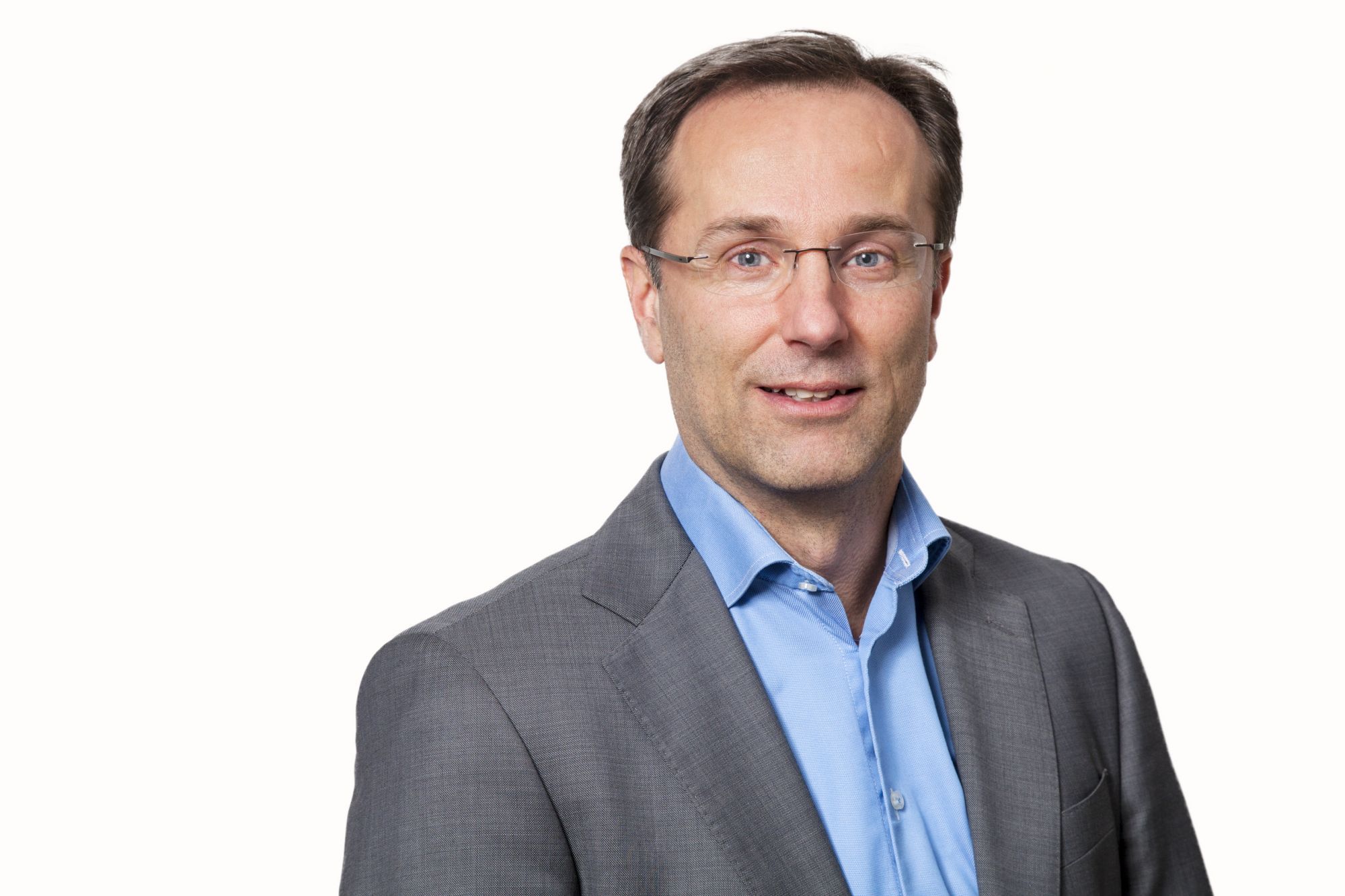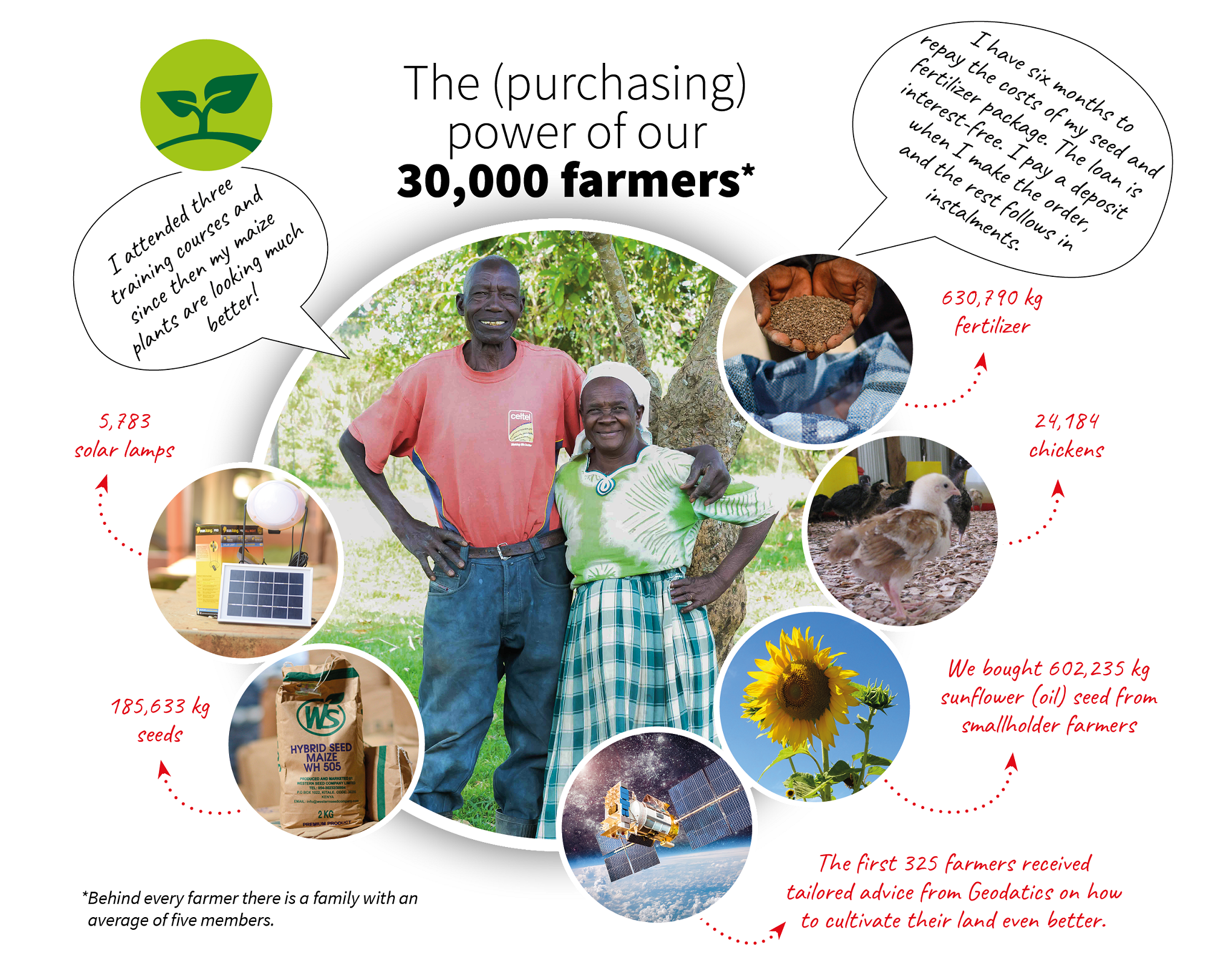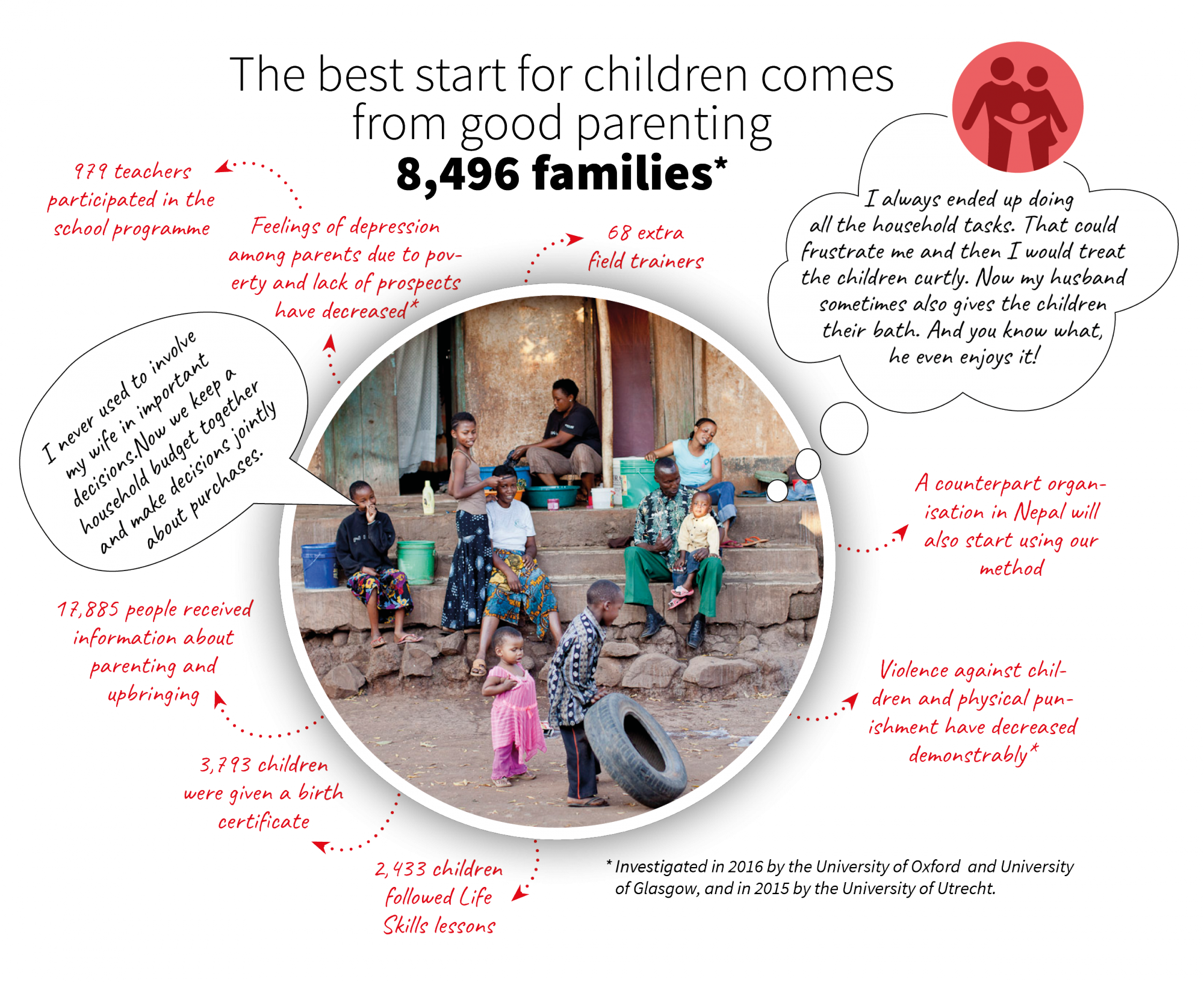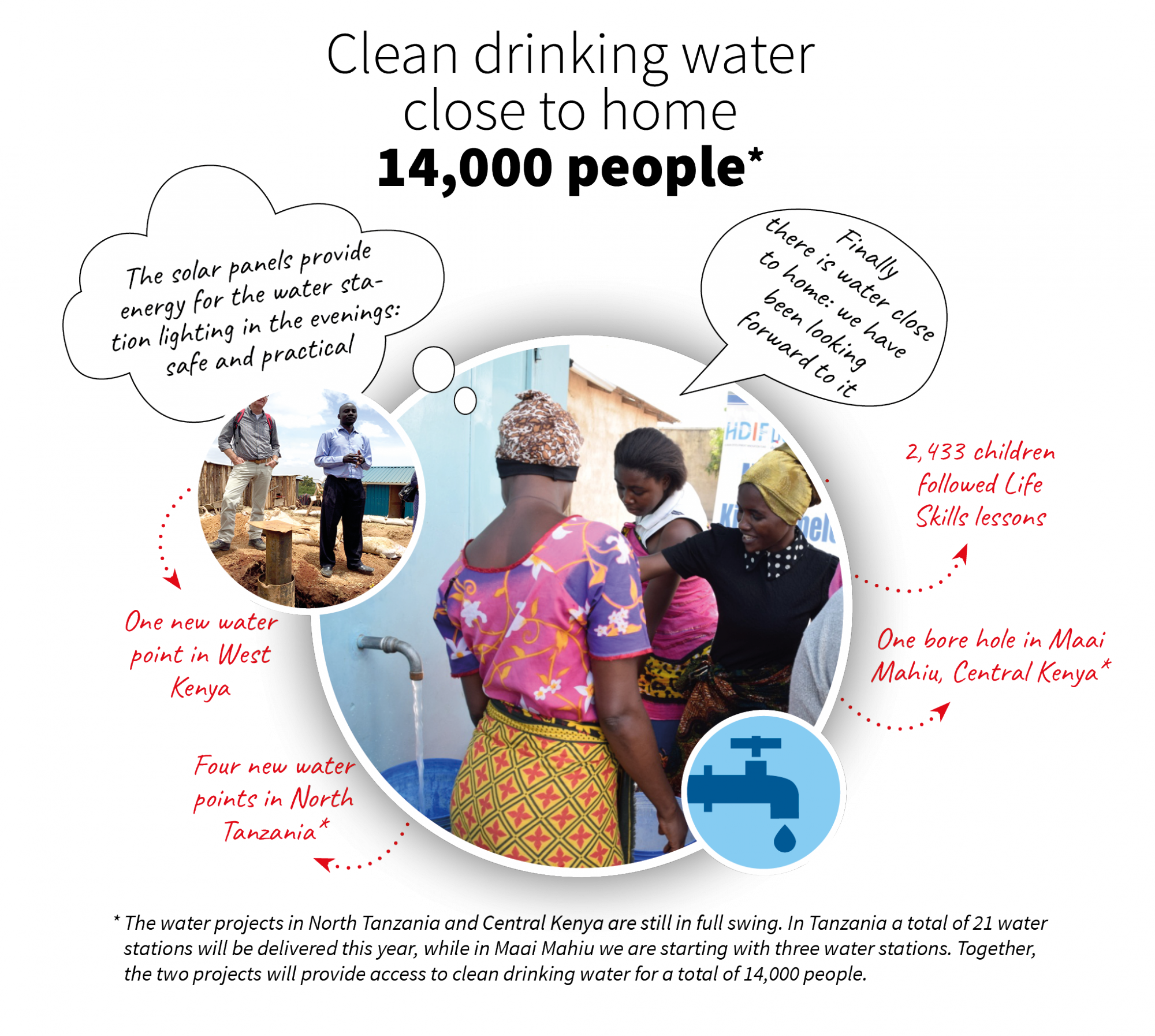Uta Jivunia
ICS Director Ronald Messelink looks back on 2016
 These are turbulent times for the world. Mass flows of refugees, climate crises and political tensions dominate the front pages of our newspapers. Of course, ‘our’ farming families in Kenya and Tanzania are also affected by these topics, directly or indirectly. These developments and sentiments make our work more important than ever. ICS therefore continues its efforts in 2017, through its social agricultural businesses Agrics and Alizetics, start-up Geodatics and the parenting programme Skilful Parenting, to work together with these farmers on the sustainable building of a decent existence in their own, familiar home environment.
These are turbulent times for the world. Mass flows of refugees, climate crises and political tensions dominate the front pages of our newspapers. Of course, ‘our’ farming families in Kenya and Tanzania are also affected by these topics, directly or indirectly. These developments and sentiments make our work more important than ever. ICS therefore continues its efforts in 2017, through its social agricultural businesses Agrics and Alizetics, start-up Geodatics and the parenting programme Skilful Parenting, to work together with these farmers on the sustainable building of a decent existence in their own, familiar home environment.
The importance of certified seed in unpredictable weather conditions
The weather phenomenon El Niño caused severe drought in 2016 and resulted in a silent disaster in many places, especially in Africa. Harvests failed, leading to dramatic food shortages for millions of people. And at the start of 2017, the Horn of Africa, but also parts of Kenya and Tanzania, are experiencing hard times again.
Using certified seed in agriculture makes a huge difference. The seed can germinate better and grow into strong plants, even under prolonged drought conditions. Agrics, our social enterprise which supplies this seed and fertilizer on credit to farmers in Kenya and Tanzania, provided services to more than 30,000 smallholder farmers in the past year. This is almost twice as many farmers as the year before. The farmers’ harvest increased, the turnover of Agrics grew and profitability is now within reach for this social enterprise.
In 2016 30,000 farmers bought seeds and fertilizer on credit, compared to 2015 numbers have doubled.

Agrics heading towards profit
This did not come about entirely without incident, however. Halfway through 2016, Agrics Kenya was compelled to take a number of rigorous measures to restore the business to good health. A new manager was appointed to prepare the organisation for an increase in scale. Purchases for the distribution of inputs for 2017 were made under better terms and the runaway operational expenses were brought back under control. It is expected that Agrics Kenya will post a profit in the first quarter of 2017, a milestone we are looking forward to. A financially sustainable business model will enable us to scale up further, so that we can supply seed and fertilizer on credit to even more farmers.
A positive family environment as basis for a bright future
Our successful parenting programme Skilful Parenting runs parallel with our agricultural activities. This 12-week course supports parents in rural areas in the upbringing of their children. Poverty takes a heavy toll on families. Parents feel powerless, stop sending their children to school and turn to physical violence more frequently, with women and children in particular being the victims. The courses restore the parents’ self-confidence and create more equality between family members. In the past year, ICS itself and our partners trained around 8,500 parents.
The past year can be seen as very fruitful for our Skilful Parenting program

Skilful Parenting wins prizes
Not only the parents themselves react enthusiastically, other non-governmental organisations (NGOs), foundations and colleagues have also embraced the method. We can look back on the past year as highly successful. ICS-SP, our Nairobi-based NGO which runs the programme in Kenya and Tanzania, accepted the Klaus J. Jacobs Best Practice Prize in Switzerland. Furthermore, ICS and partner organisations receive support from the Dreams Innovation Fund in the rollout of a special combination programme aimed at reducing the number of HIV infections among young women and girls. And then there are the exciting developments in West Africa. Discussions are currently at an advanced stage with a major player in the international cocoa industry. Our plan is to offer our training programme to cocoa farmers there, to improve very difficult family situations and combat child labour.
Standing on our own two feet
The recent election results in The Netherlands have also brought the financial support of developing countries up for discussion. The two largest parties want to cut the budget back or even give it up altogether. For ICS this is an unwelcome development, in which we have no faith. Nevertheless, it is our ideal to be able to operate increasingly independently. Our ambition is for all our enterprises to be standing on their own two feet within a few years. We are not there yet, but in 2016 we did make great strides in the right direction. That is why we also made a concerted effort in the past year to secure alternative funding, and why the structure and extension of our social enterprises have become a core activity of ICS. Our parenting programme does still rely on donations and will continue to do so for the time being.
Uta Jivunia: farmers to be proud of
At the end of 2016, Agrics introduced the ‘Jivunie loyalty programme’ to strengthen the bond with farmers. Loyal farmers who attend the agricultural training courses and pay off their outstanding debts on time are rewarded. ‘Uta Jivunia’ is an important concept in East Africa. It means something like: ‘you reap what you sow’. People who make an effort for their fellow man make themselves and the community proud. Our farmers are proud farmers. And we are proud too. We are proud of them and proud of the results we have been able to achieve in the past year.
Ronald Messelink, ICS Director
